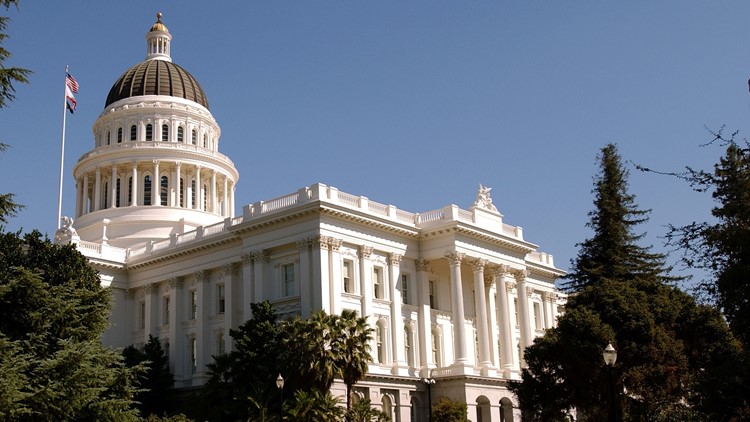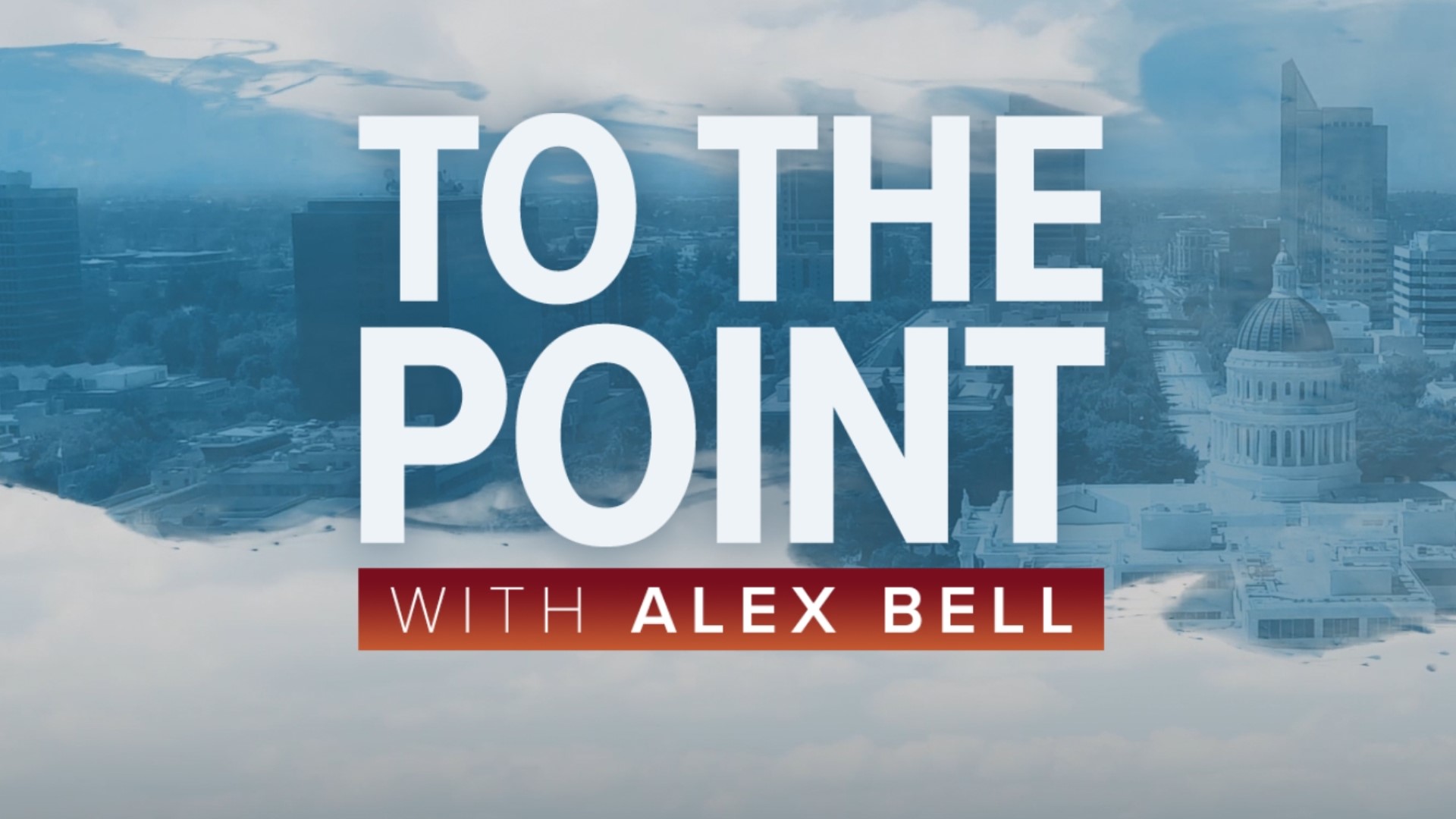SACRAMENTO, Calif. — A number of bills ranging from food cooked in home kitchens to wildfire responses were approved by Gov. Jerry Brown this week.
While many bills presented an argument during their time in the legislature, they ultimately found their way to Brown for approval. Bills like the plastic straw ban, micro-enterprise home kitchens, a sale of property for affordable housing in Sacramento, and a wildfire response bill were all approved.
However, other bills that dealt with late school start times and a bill that sought an advisory committee for social media were vetoed.
What Governor approved
This bill makes “micro-enterprise home kitchens” a new category of retail food facility.
Generally, the bill allows people to sell food that was cooked in a home kitchen. Cities and counties can allow residents to operate these establishments in a private home, but there will be requirements to adhere to, although there will be some exceptions to accommodate differences between a home kitchen and commercial kitchen.
With this bill being signed, people at full-service restaurants will have to request a straw for their drink.
Full-service restaurants will not be able to hand straws out automatically. According to the bill, the first and second violation of its provisions can result in a fine of $25 for each day the restaurant is in violation. However, the total would not exceed an annual total of $300.
Brown, in a veto message to the State Assembly, noted, in regard to plastic, that the “infatuation with single-use convenience has led to disastrous consequences.”
“It is a very small step to make a customer who wants a plastic straw ask for it,” read the Governor’s veto message. “And it might make them pause and think again about an alternative. But one thing is clear, we must find ways to reduce and eventually eliminate single-use plastic products.”
The bill pertains to a specific Sacramento County property located on 5700 Stockton Boulevard, formerly a location for the San Juan Hotel and Mobile Home Park.
An October 2015 appraisal valued the property at $442,400. According to a senate analysis from the end of August, the City of Sacramento went to the legislature to allow Sacramento County’s Successor Agency to sell the property to the City or its housing Successor Agency at below market value.
By approving this bill, Brown is allowing Sacramento County to sell property for less than market value on the condition that it is used to build affordable housing.
Brown today signed one of the more controversial bills that approach his desk.
Criticized as a bailout for the Pacific Gas and Electric (PG&E) company, the bill has been addressed as an attempt to strengthen California’s ability to both prevent and recover from wildfires. Opponents of the bill argued that it created opportunities for utility companies to pass costs onto ratepayers.
The bill is said to boost the state’s forest management activities, update requirements for maintenance, and operation of utility infrastructure, and protect ratepayers and utility workers.
“Wildfires in California aren’t going away, and we have to do everything possible to prevent them. This bill is complex and requires investment – but it’s absolutely necessary,” said Brown in a statement.
What Governor Brown vetoed
It would have impacted schools in the state by having them start no later than 8:30 a.m., however, the bill was considered to be a one size fits all approach by the Governor. In the end, the bill was vetoed.
“Several schools have already moved to later start times. Others prefer beginning the school day earlier. These are the types of decisions best handled in the local community,” noted Brown in the veto message.
The issue came up in regard to “fake news” and how social media brought attention to it. It’s goal was to rein in the spread of false information on social media.
This bill directed the Attorney General to establish an advisory group to study the spread of false information through social media. Brown ultimately vetoed the bill.
“As evidence by the number studies by academic and policy groups on the spread of false information, the creation of a statutory advisory group to examine this issue is not necessary,” Brown noted in his veto message.



